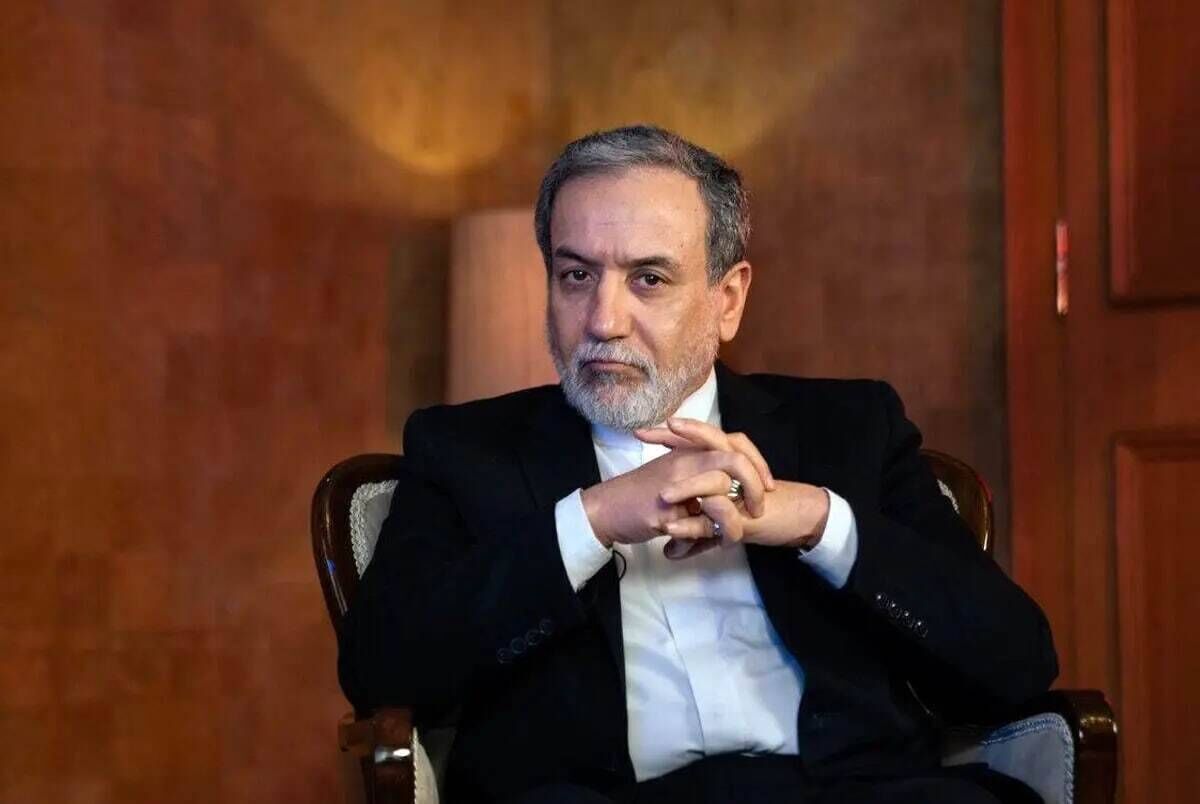
The top diplomat denounced the assaults as “reckless and aggressive,” while addressing the last session of a summit of the BRICS group of emerging economies in Rio de Janeiro, Brazil, on Monday.
The Israeli aggression targeted several Iranian nuclear installations during an unprovoked war by the regime from June 13 to 25. The US joined in towards the end of the aggression, hitting key facilities used for peaceful uranium enrichment in the central and north-central parts of the Islamic Republic.
“This is a concerning situation in which two nuclear-armed regimes are attacking a non-nuclear weapon country,” Araghchi said.
He reminded that the duo carried out the highly precarious strikes, despite Iran’s being a member of the Nuclear Non-Proliferation Treaty (NPT), and the country’s peaceful nuclear activities being verified under the International Atomic Energy Agency (IAEA)'s comprehensive safeguards.
The Israeli regime and the United States used the IAEA’s most recent anti-Iranian resolution to try to justify the aggression. Drawn up under heavy Western pressure, the resolution had accused Iran of “non-compliance” with the IAEA’s safeguards obligations, despite the country’s having received the watchdog’s most intrusive inspections in history.
Araghchi further underlined that the combined assaults constituted violations of international law, the United Nations Charter, and the IAEA’s Statute.
Elsewhere in his remarks, he said developed countries bore the “historic responsibility” for having faced the world with its most stubborn environmental challenges.
He named some of those challenges as rising temperatures, dwindling water resources, widespread wildfires, ecosystem destruction, and climate-induced migration.
These, the foreign minister regretted, have become the harsh reality for millions of people.
He said the countries in question had to accept their responsibility for the environmental destruction, and also equip developing countries with clean technologies, PressTV reported.
Additionally, the official underscored the role that oppressive sanctions -- including the ones that have been imposed on the Islamic Republic under political pretexts -- and geopolitical tensions had in preventing climate cooperation and coordinated action in the face of standing environmental challenges.